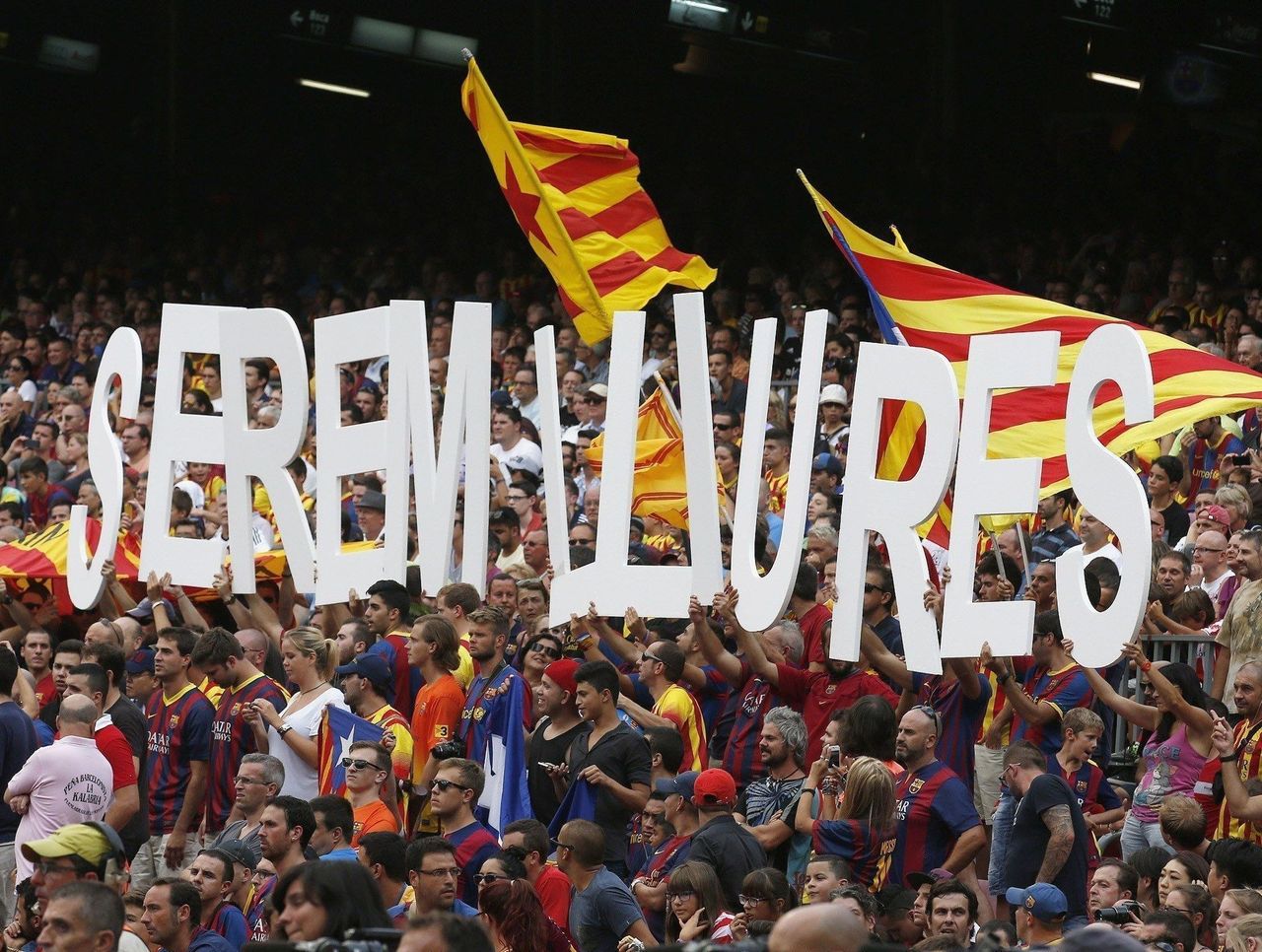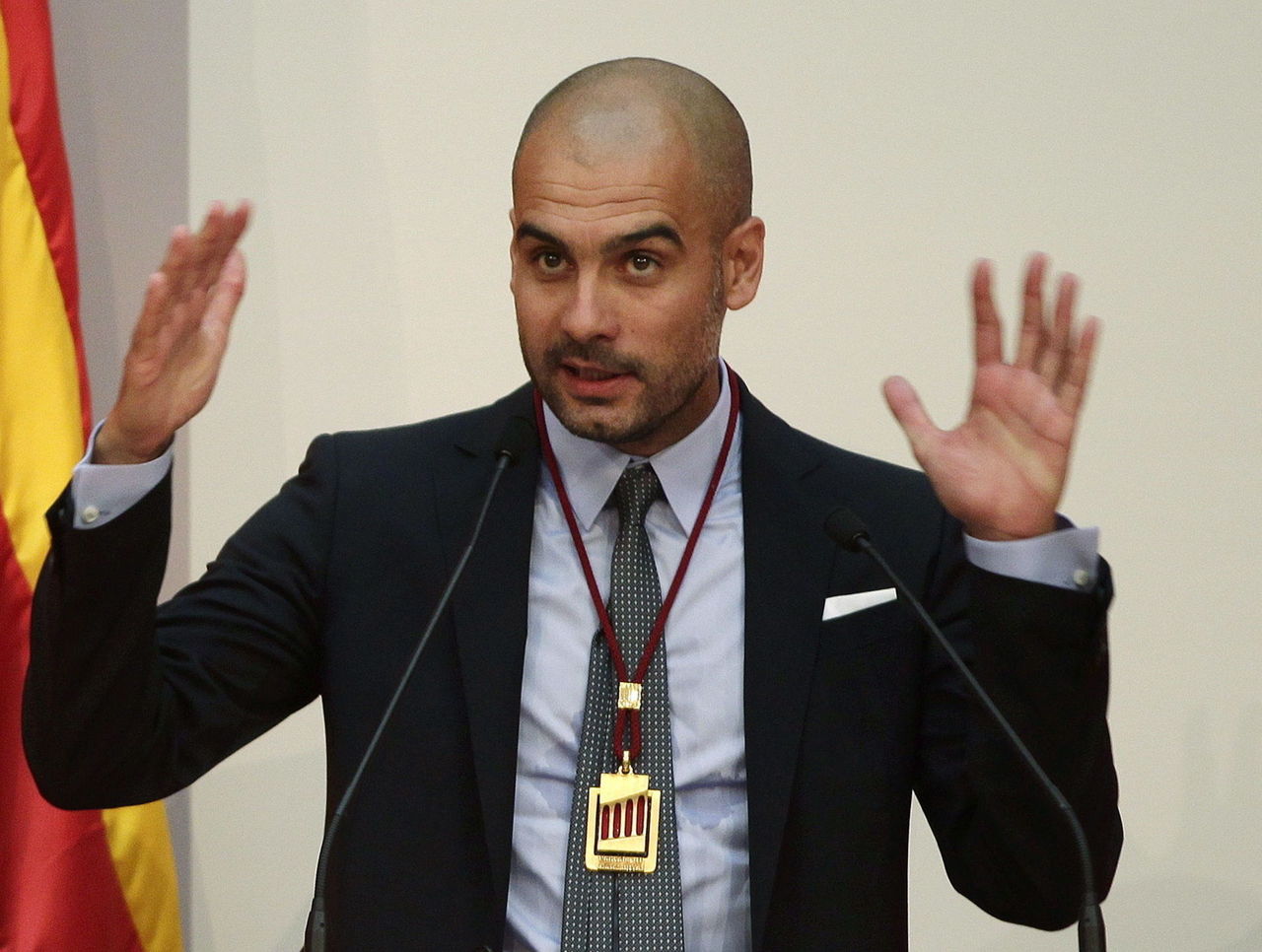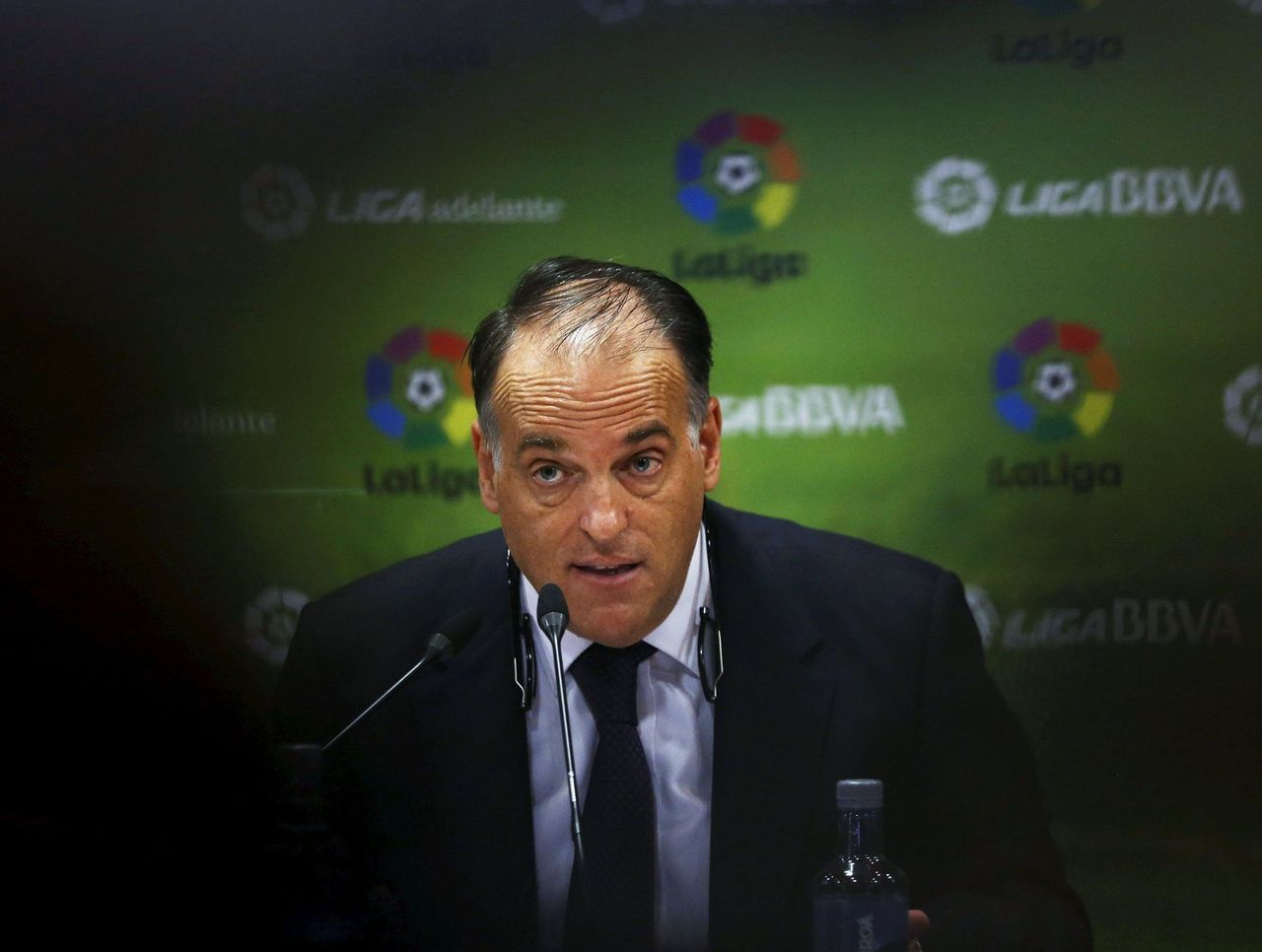A guide to Catalonia's election and its potential impact on Barcelona, Espanyol
On Sunday, in a defining moment for the future of the country of Spain, the autonomous community of Catalonia will elect the 135 members that will shape its 11th parliament.
Billed as a plebiscite on independence, the vote is Catalonia's most important in its battle to secede from Spain. Should the result match the polling, the secessionist parties will have the majority needed to move ahead with their plans to proclaim self-government.
Of course, because politics and football are never far apart, an independent Catalan state would have drastic implications for Spanish football and La Liga; the region's capital is home to one of the most famous Spanish sides in Barcelona, as well as another prominent club in Espanyol.
So, for supporters looking to develop a stronger understanding of Catalonia's election and its impact on the community's two biggest football clubs, here's a guide that includes answers to some frequently asked questions about the historic vote.

First things first. Why does Catalonia want to secede from Spain? I like Spain.
In 1714, Barcelona fell to an army of the French House of Bourbon, resulting in Catalonia's political institutions being abolished, its ancient liberties being replaced with Castilian law, and the revoking of Catalan as its official language.
Most importantly, this led to Catalonia becoming part of the new, centralised Spain and triggered a radical working class discovering socialism.
Many Catalans are under the impression that Catalonia has suffered under the Spanish government and are unhappy with the current constitutional setup as well as the relationship with Madrid.
That's enough history for one day. Give me a brief summary of the election. Who are the political parties?
There are a few, but many are running under the same independence-seeking movement.
The Democratic Convergence of Catalonia, Democrats of Catalonia, and Left Catalonia are running under a pro-independence banner known as "Together for Yes." Meanwhile, the Democratic Convergence of Catalonia, another pro-independence party, is running on its own.
Only one party is anti-independence: the Popular Unity Candidature.
How can this election lead to Catalonia's independence?
The "Together for Yes" movement has promised to proclaim independence within 18 months under regional president Artur Mas. However, before doing so, it needs to gather the 68 seats needed for a majority.
I heard Pep Guardiola is standing as a candidate. Is that true?
He is, but it's more of a symbolic gesture. His name will be the last on the list of candidates for the two main parties seeking independence.

What is this 'Guanyarem' talk I've heard Guardiola speaking about?
"Guanyarem" translates as "We will win," and is a pro-independence campaign involving hundreds of Catalan sportsmen and sportswomen, including Bojan Krkic, Carles Puyol, Gerard Pique, Johan Cryuff, and Eric Abidal.
Some, such as Miguel Cardenal, Spain's secretary of state for sport, are strongly opposed to it.
So, if the 'Together for Yes' movement gets its needed majority and successfully proclaims Catalonia's independence, what happens to Barcelona and Espanyol?
It's hard to say.
Javier Tebas, president of the Liga de Futbol Profesional, a former member of the far-right Fuerza Nueva, and a self-admitted Spanish patriot, recently warned that an independent Catalonia would result in the end of La Liga and insisted that no Catalan club will have a place in the league under such circumstances.
Related: Catalan independence threatens Barcelona's place in La Liga, says president
As pointed out by Sid Lowe of the Guardian, Tebas' argument is based off a law dictating that the only non-Spanish teams allowed to participate in Spanish competition are Andorran ones.
There is, of course, an obvious counterargument in the fact that Catalonia is still part of Spain and can therefore not be considered part of any current legislation regarding who can and can't play in Spanish competition.
Essentially, in the event that Catalonia becomes independent, the future of Barcelona and Espanyol will be decided by how Spain's sports laws are rewritten and reworded, and whether they are modified to allow Catalan teams to compete within its redefined borders.

Would Tebas support the rewriting of those laws?
Probably not. However, knowing that Barcelona is one of the two staples holding La Liga together, his priorities might change for selfish reasons.
It's in nobody's interest for Spanish football to lose the club, or Espanyol, after all. Television deals, sponsorship deals, and attendance would suffer.
Will the 'Together for Yes' movement get the needed majority on Sunday?
It certainly looks that way.
In a symbolic referendum that took place almost one year ago, 80 percent of participants voted in favour of Catalan independence. Although there was only a 36 percent turnout at the consultation, the secessionist parties are still expected to get the needed majority.
HEADLINES
- Judge freezes bank account of Pique's company amid Supercopa probe
- Barca chief wants Clasico replayed if 'ghost goal' call is proven wrong
- Report: Barca's De Jong to miss rest of season with ankle sprain
- Xavi: A 'disgrace' La Liga has no goal-line technology
- Bellingham buries Barcelona's title hopes with late winner in El Clasico